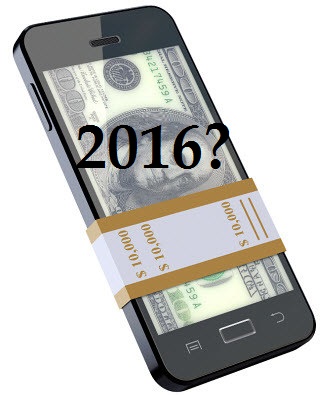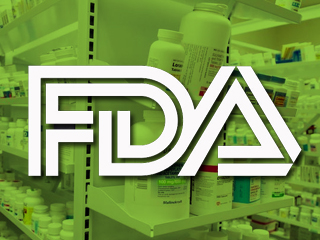Industry experts in the retail sphere are predicting that the technology will start heating up next year.
With the close of 2015, there have been a number of predictions as to what will be taking off in 2016 and which trends will continue on their way, and many experts have been saying that they see mobile payments as something that will make an important splash before another year comes to a close.
The prediction is that mobile wallets will take off not only in retail stores but also other locations like restaurants.
Although there have been experts who have been predicting that mobile payments would be taking off for several years, the forecasts for 2016 are larger than ever before. With the introduction of chip credit cards, many people are saying that Samsung Pay, Android Pay and Apple Pay are going to be seen as more convenient and will start to become a normal form of transaction at retail counters and in restaurants. This will be an important shift as consumers have been quite resistant to stepping away from their plastic cards. According to CEB analyst, Andy Schmidt, 2016 could be the year in which that begins to change in a meaningful way.
The migration to chip cards could be just the opportunity that mobile payments need to make themselves known.
 Banks, credit card issuers and retailers have all been changing their plastic card technology to include chips and many technology experts believe this slowdown at the checkout counter will have consumers looking to other types of transaction to speed up the process. While chip cards are considered to be safer than the magnetic stripes, it takes several seconds longer for each transaction to be completed. With the combination of the change in habits and the slower process, it could be what consumers need to look to the various smartphone-based options to speed things up again.
Banks, credit card issuers and retailers have all been changing their plastic card technology to include chips and many technology experts believe this slowdown at the checkout counter will have consumers looking to other types of transaction to speed up the process. While chip cards are considered to be safer than the magnetic stripes, it takes several seconds longer for each transaction to be completed. With the combination of the change in habits and the slower process, it could be what consumers need to look to the various smartphone-based options to speed things up again.
For this reason, it is expected that many companies are all going to do their part to stand out in the mobile wallet marketplace. There are already a large number of options, including major players such as Samsung, Apple, Google and even a recent entry by Walmart. Target has also announced that it’s working on its own option, while keeping its position as an important member of the anticipated MCX mobile payments app, as well. The belief seems to be that retailers – individually and as parts of consortiums – will be offering and receiving smartphone based transactions in the largest numbers yet throughout 2016.

 The FDA is already getting itself ready to handle the anticipated influx of
The FDA is already getting itself ready to handle the anticipated influx of 